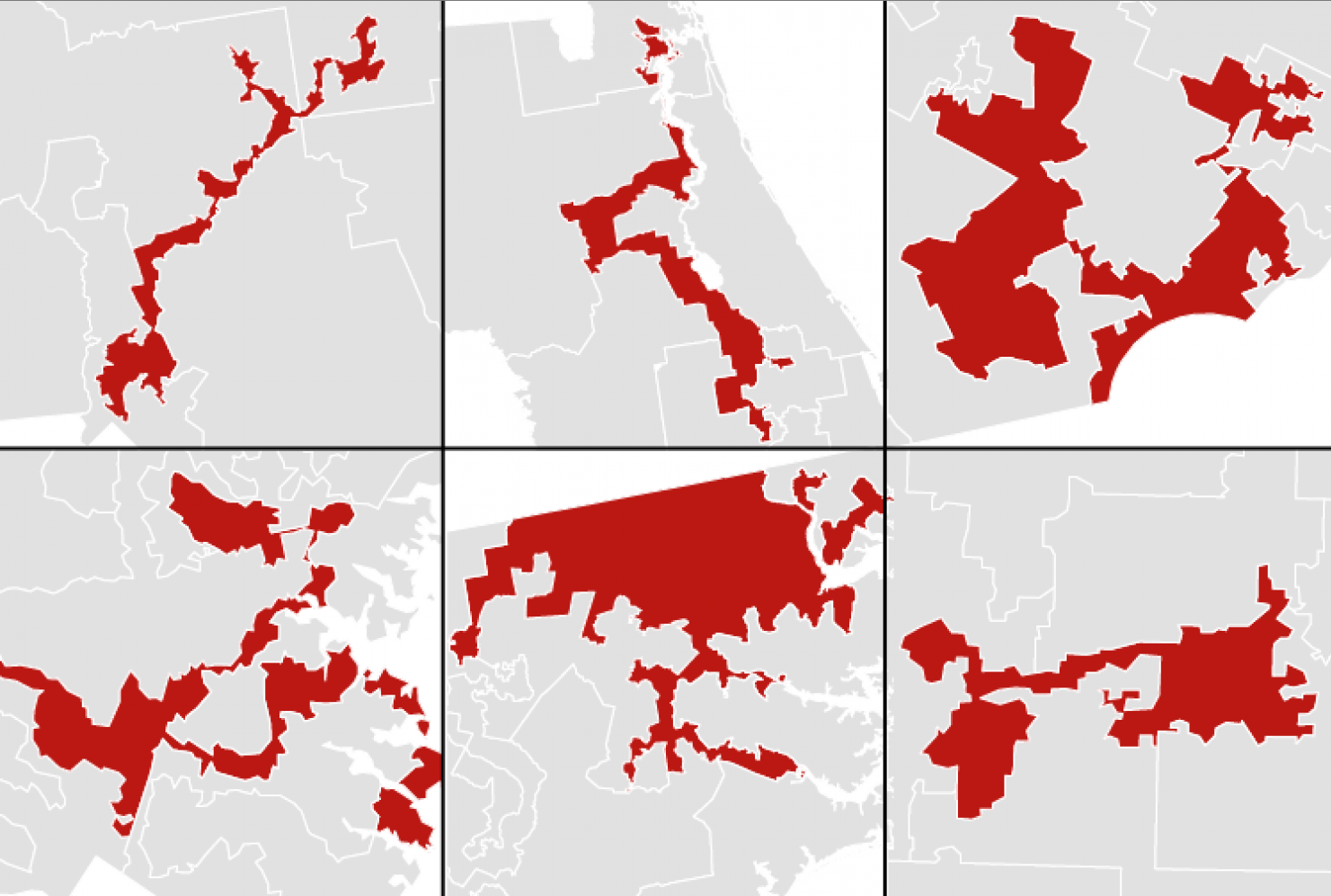I believe these to be, technically (though not politically), low hanging non-partisan fruit. Given the amount of technical work to implement, these changes would reap massive benefits. Here I will keep a list of ideas as I learn them or create them which I think would most successfully improve the country. As naive as that might sound, all change must originate somewhere. Why not from me? Why not from you?
Campaign Finance Reform
It doesn’t matter what is is you want the government to do. Maybe you care about jobs, healthcare, immigration, the environment, poverty, education, crime, the criminal system, or racism. It doesn’t matter what stance you take on your favorite issue because our congress people spend their time and energy trying to make happy their true constituents: those with money. The rest of us only get the bare minimum for them to think they will get (re)elected. Even worse, with the legislators begging for money and making public appearances, their staffers are the ones writing and understand important policy; and we have even less oversight of who their staffers are, or the revolving door which they be walking through afterwards.
Lawrence Lessig is running a publicity presidential campaign on this issue and I support him entirely. But in reality, the president alone is likely unable to make this reform. It will either take a nearly united Congress (the incumbent members of which have disincentive to cooperate), or a massive citizen-led movement to form a constitutional convention. Given how much apathy Americans have towards solving real problems with their government, this doesn’t seem very likely either. And the media companies, which strongly influence both the American voter and as a consequence their legislator, will also have every incentive to keep this movement down.
Despite the odds, and the hard work of getting the public interested in this issue, it is the only way we can get real reform without catastrophic social change.
Corporate (Tax) Reform
Because the US is competing against all the countries on the planet to host corporations, we should have a competitive tax rate. We need to be able to compete with shell-company hosts like the Cayman Islands so we can bring more money and tax revenue into the US. But this doesn’t mean we have to compete with the Cayman Islands on tax rates alone, the US also provides business services for true US-based corporations. I’m not sure yet precisely how to define a true US corporation, but it could be something like the majority of their cash is within US borders and/or as cash flows through various corporate entities, it must flow through the US corporation. I’d hope some smart people could come up with ideas on how to define this in a fair and accurate way.
But the idea is that only “true” US corporations gets theses benefits:
- The ability to register as lobbyists of US bodies of government.
- If we don’t ban corporate campaign contributions within the US entirely, true US corporations can contribute to campaigns (hopefully still not to the unlimited extent to which anyone may now contribute bribe/extort).
- Federal (think FBI, NSA) and Military Protection from illegal threats from both state and non-state agents. Foreign based US corporations would get domestic protection only.
And for the carrot: the US wants to both incentivize businesses and compete with other countries, so we should set the corporate income tax at a rate which does both well. I would want to drop it from the current 35% to something like 10 or 15%.
Impartial districts
Although some states like California have passed laws that should prevent gerrymandering, 33 out of 50 states still have districts created by the legislature1. These should be as illegal as they are unethical:

Source: The Washington Post
Also see: Visualizations of Gerrymandering
Transparent (wiki) Legislation
There is a regular problem of legislators (or their staff) sneaking legislation into unrelated bills, or making hidden, buried, changes at the last moment. Sometimes our legislators don’t even know what they are voting on. (They don’t have time to read and understand thousand page documents)[http://www.pennstatelawreview.org/penn-statim/dont-be-silly-lawmakers-rarely-read-legislation-and-oftentimes-dont-understand-it-but-thats-okay/] (especially when there is so much fund-raising to do).
Wiki technology has shown itself to be a very useful solution to this problem for well over 10 years now. So I propose that all legislation, from draft to law, be written in wiki software. Authors can no longer hide behind a committee - the public would be able to see who authored every single word.